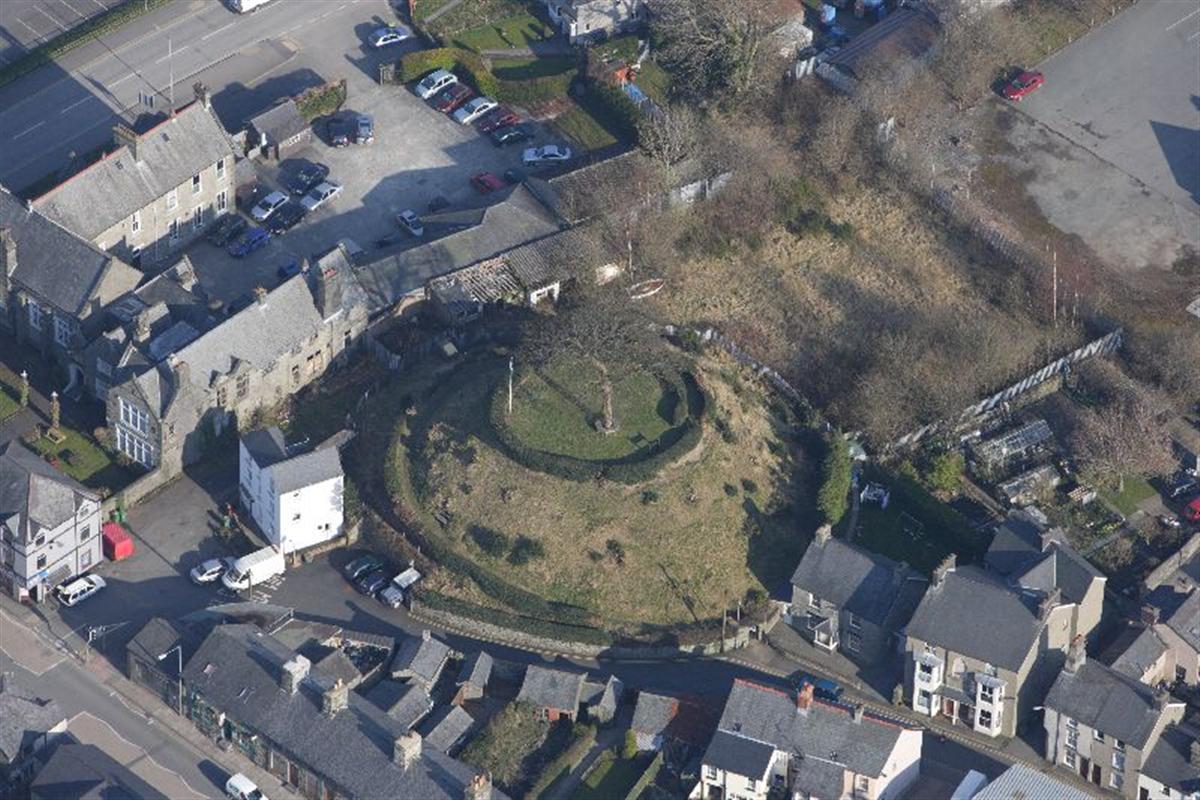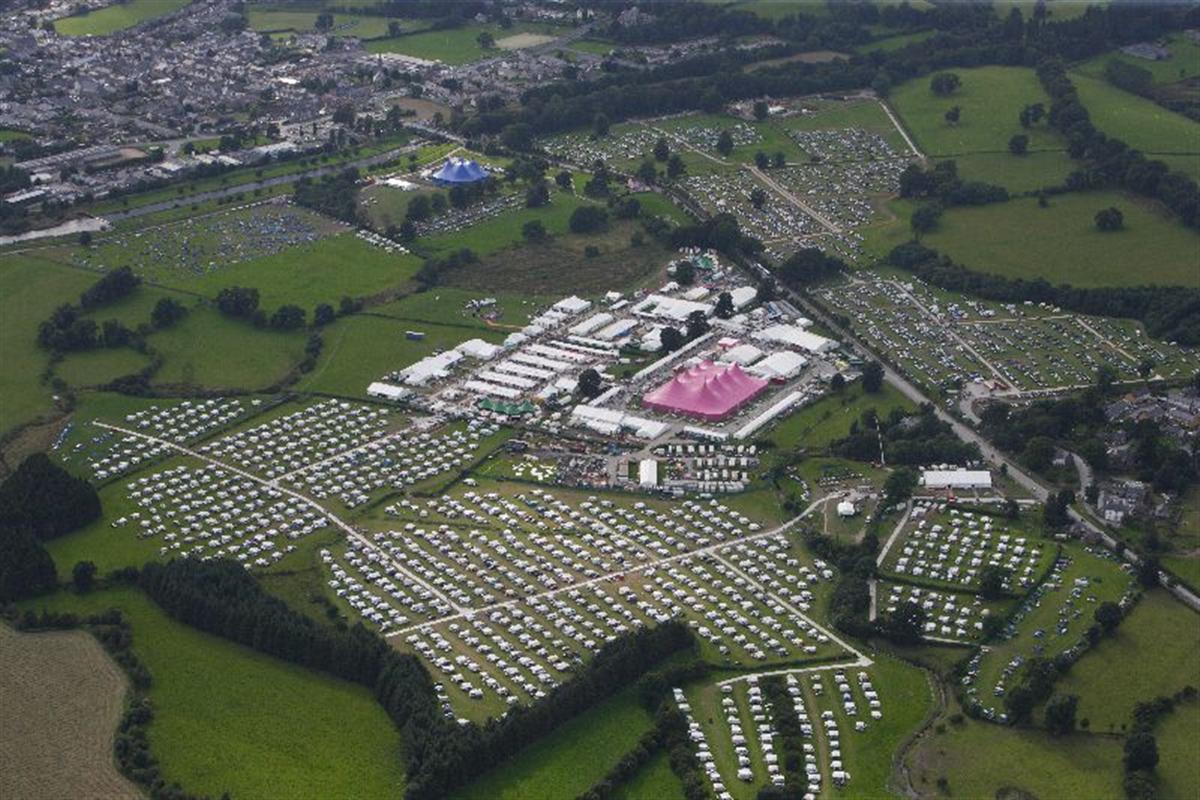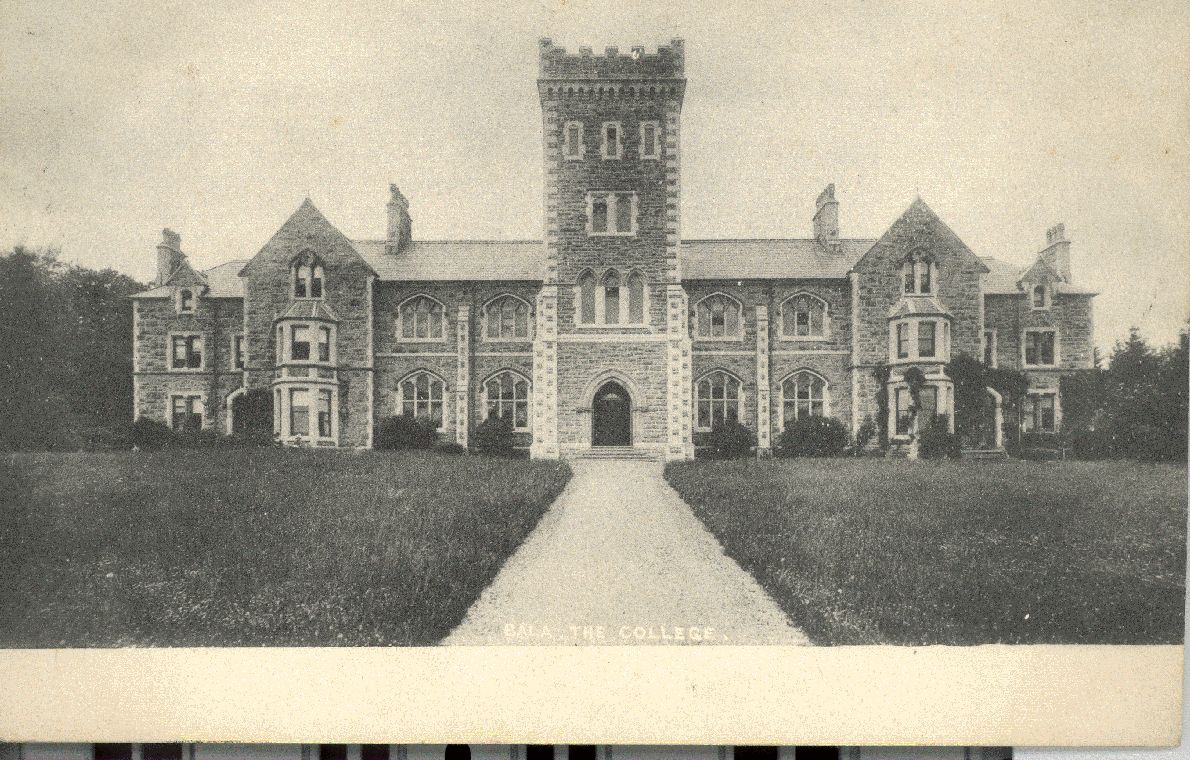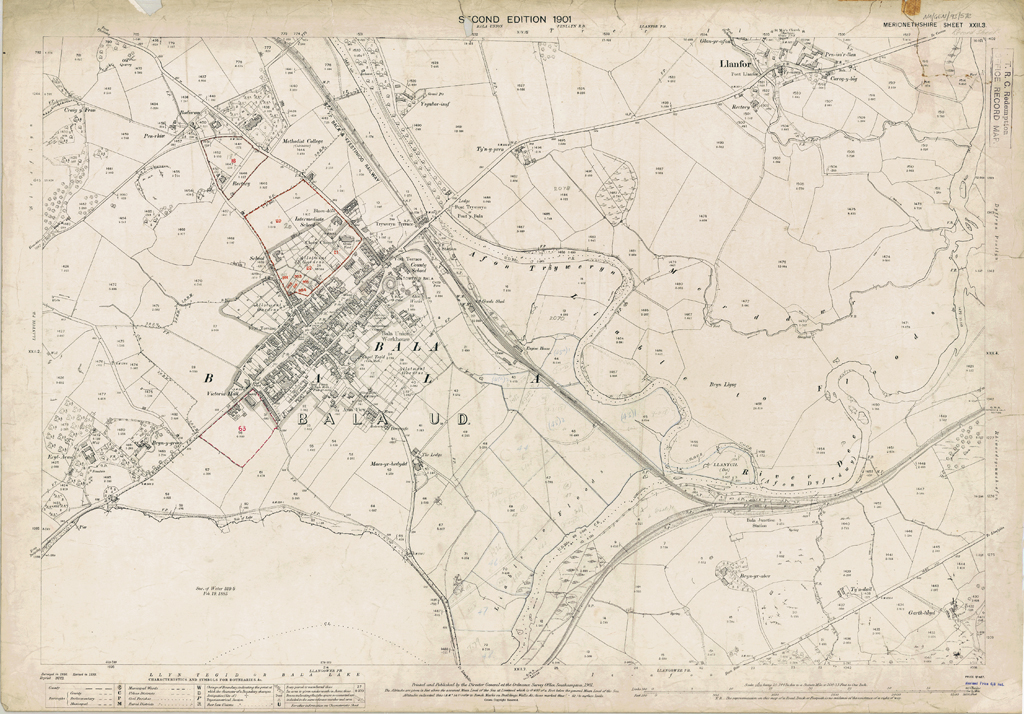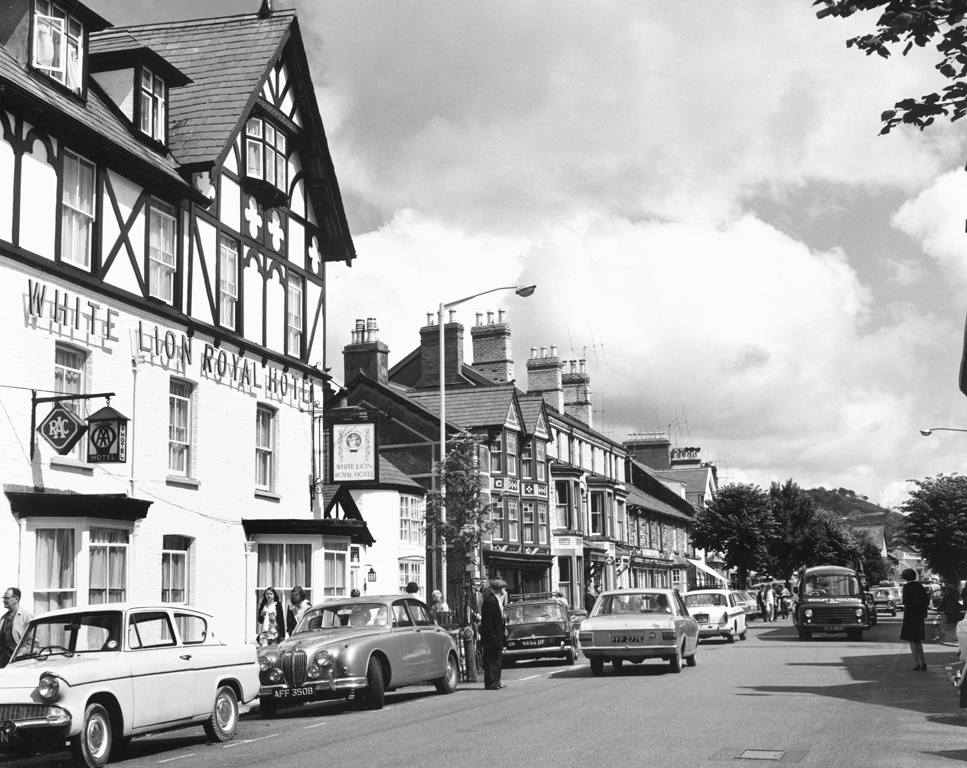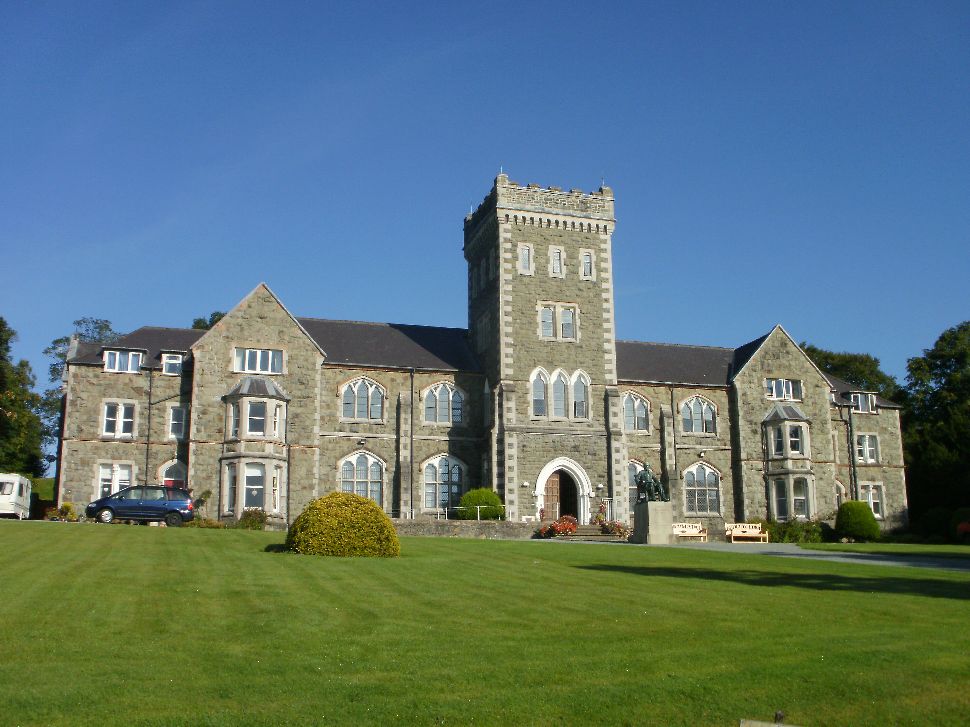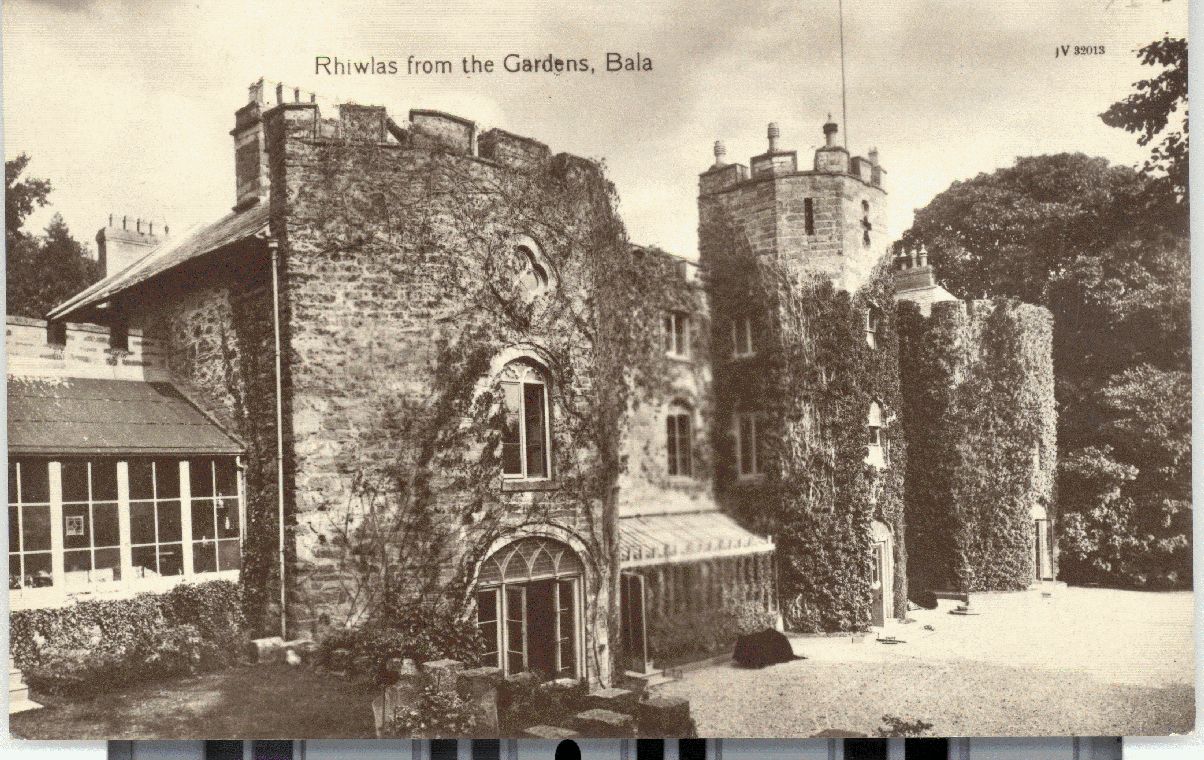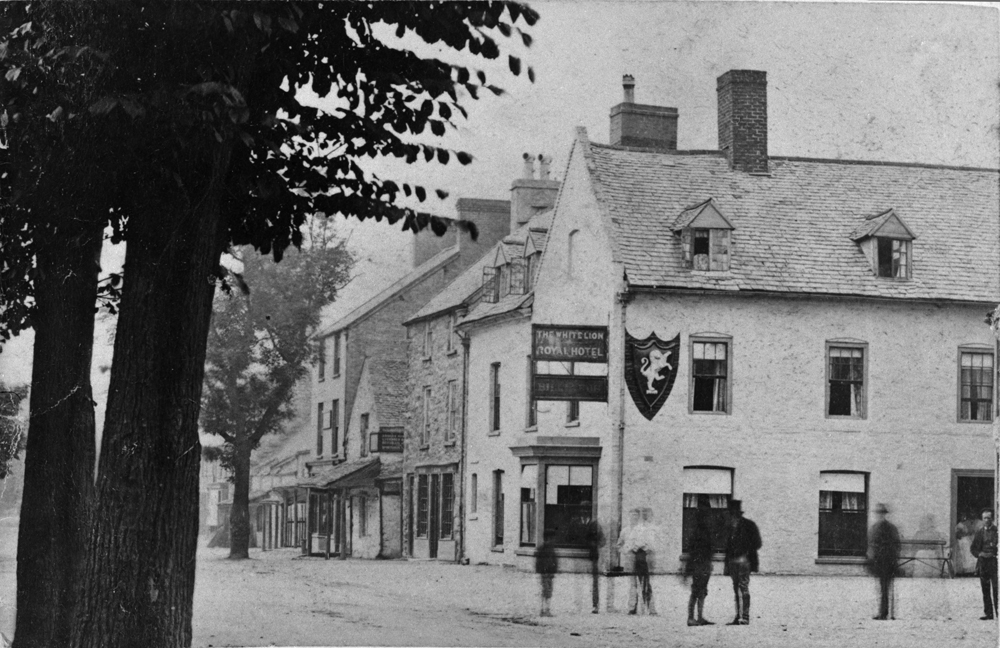Bala - Overview
Bala is a small town situated at the north end of Llyn Tegid and surrounded by hills and mountains. The historic origins of Bala cannot be entirely verified. There are traces of a Roman presence in the area, but Tomen y Bala, a steep-sided circular mound, almost certainly originates in the twelfth century. Associated with the llys of the Penllyn commote, its conquest was recorded in 1202. In 1310 a planned borough was established. In 1324 the small community received its first borough charter and a settlement began to spread along what is today’s High Street.
Today, Bala is most prominently associated with the rise of Nonconformism during the eighteenth century which had a lasting impact on the town. In 1800, Thomas Charles, a local school founder and Calvinistic Methodist clergyman, was visited by 16-year old Mary Jones from Llanfihangel-y-pennant, 25 miles to the west, who wanted to buy a bible. He was so impressed by her determination that together with influential friends, he established the British and Foreign Bible Society a few years later. In 1837, Lewis Edwards established Coleg y Bala for the Calvinistic Methodists here. Later in the century, Bodivan, the theological college of the Welsh independents followed. The principal of the Bala Independent College from 1855, Michael D. Jones, is best known as the founder of Y Wldfa, the Welsh settlement in Patagonia.
When the noted German linguist Hugo Schuchardt stayed in Bala for two weeks in 1875, he delighted in the quality of the college libraries and enjoyed practising his Welsh with the local population, the college students and theology lecturers alike. Between talks, Schuchardt spent his time searching for the mysterious afanc living at the bottom of Llyn Tegid or rambling about the surrounding countryside in the footsteps of Welsh poetry and mythology.
Accounts of Travel
Romanisches und Keltisches, 1875
Hugo Schuchardt (1842 – 1927)
Balas Bedeutung ist eine geistige oder vielmehr geistliche – zwischen Beidem habe ich hier in Wales keinen Unterschied entdecken können. Es ist der eigentliche Mittelpunk des kymrischen Nonkonformistenthums; wie wirkliche Burgen, zu Schutz und Trutz gegen die bischöfliche Kirche, schauen die Colleges der Methodisten und der Independenten von einer Anhöhe herhieder. Nie wird mein Fuss eine frömmere Stadt betreten als Bala. ...
Im benachbarten Independentencollege besuchte ich den Professor Lewis und den Rev. Michael Jones, „den König von Patagonien“, welcher besonders die Auswanderung der Kymren nach Patagonien angeregt und gefördert hatte. Man dachte dort eine Art eigenen Staats zu gründen in welchem die Nonkonformisten der bischöflichen Kirche keinen Zehnten zu zahlen, und die kymrische Sprache ihr stolzes Haupt nicht vor der englischen zu beugen brauchte; aber die Ansiedler sind in Bedrängniss und Elend gerathen. Es liesse sich darüber ein langes, nicht uninteressantes Kapitel schreiben. ...
[E]in Viertelstündchen von Bala, liegt die Kirche von Llanycil, wohin Bala eingepfarrt ist; auf dem Kirchhof, der schmucklos ist wie alle Kirchhöfe die ich in Wales gesehen habe, befindet sich das Grab des berühmten [Thomas] Charles von Bala, der auch ein steinernes Denkbild zu Bala hat. Er war einer der ersten und kräftigsten Förderer des Methodistenthums, gab ein biblisches Wörterbuch in kymrischer Sprache heraus (Miss Owen schenkte mir ihr Exemplar vor meiner Abreise), rief die englische Bibelgesellschaft mit ins Leben und that vieles andere Lobenswerthe.
Bala’s significance is of an intellectual or rather spiritual nature – here in Wales, I could not detect a difference between the two. The town is the actual centre of Cymric Nonconformism. The colleges for the Methodists and Independents look down from a hill like real castles built for protection and resistance against the Episcopal Church. Never shall I set foot into a more pious town than Bala. ...
In the neighbouring Independent College, I visited Professor Lewis and Revd Michael Jones, ‘the King of Patagonia’, who chiefly encouraged and supported Welsh emigration to Patagonia. It was intended to establish a state there in which Nonconformists did not have to pay tithes to the Episcopal Church and where the Welsh language did not have to bend its proud knee before the English language. However, the settlers ran into trouble and misery. A long and not uninteresting chapter could be written on this subject. ...
The church of Llanycil, to whose parish Bala is assigned, is situated just under a quarter of an hour from the town. In the churchyard, which like all other churchyards in Wales is without ornament, the grave of the famous [Thomas] Charles of Bala can be found; he also has a stone statue dedicated to him in Bala. He was one of the first and most dedicated supporters of Methodism, published a Biblical Dictionary in the Welsh language (Miss Owen presented me with her own copy before my departure), was one of the co-founders of the British and Foreign Bible Society and undertook many other praiseworthy activities.
